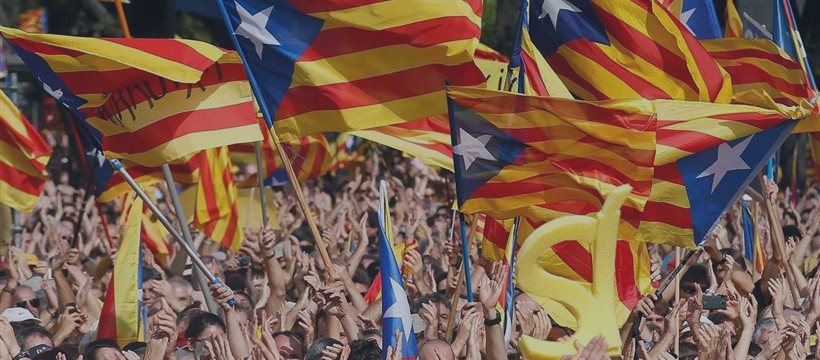
Elections in Spain: Why there are Greek-scenario fears; Impact on euro
Leftist Podemos (We Can) and center-right Ciudadanos (Citizens) left the governing Popular Party behind in Spain's regional and municipal elections, punishing the ruling party for high unemployment, cuts in public spending and corruption. The PP suffered its worst result in 20 years with regards to local elections.
The vote would usher in a new era in Spanish politics, obliging humbled establishment parties to resort to horse-trading and coalition-building with rivals to ensure governability, said Emilio Sáenz-Francés, professor of history and international relations at Comillas Pontifical University in Madrid.
Near-complete returns signaled that Prime Minister Mariano Rajoy’s
conservative party was assured of retaining control of only three of the
13 regions that elected parliaments Sunday. That is a reversal of the
party’s dominance in 2011, when it won in 10 regions, eight with
absolute majorities, says the Wall Street Journal.
Although it gathered the most votes nationwide, the Popular Party could be heavily pressured to form functional governments in many former strongholds, including the city of Madrid, without support from smaller parties.
In the wealthy Catalonia region, housing activist Ada Colau won the Barcelona mayor’s race, possibly the first of a new generation of so-called “Indignados,” to win election to a major public office. She established an advocacy group that stages protests to block evictions of people who can’t pay their mortgages.

Ada Colau
Colau outran the incumbent candidate of a Convergence and Union, a conservative party that has long dominated the region.
Ms. Colau’s election could be a blow to Convergence and Union’s push to win Catalonia’s independence from Spain. Ms. Colau has said that Catalonia has the right to self-determination, but she opposes a unilateral declaration of independence.
“She’s been calculatedly ambiguous about independence,” said Carmen Navarro, a political scientist at the Autonomous University of Madrid. “But her main message has been nationalism isn’t the fundamental issue for Barcelona, and that people face daily problems there that are more important.”
Stock market indices
On Monday Spain's IBEX 35 index dropped 1.8% to 11,350.50 in Madrid, while Greece’s Athex Composite Share index, fell 2.2%.
Sympathizing with those regional losses, the FTSE MIB Italy index lost 1.9% and the Portugal PSI 20 index fell around 1.1%.
Markets in London and Germany are closed for a holiday, while Wall Street is shut down for the Memorial Day holiday.
Banks were the first to get into the red territory, with Banco Popular Español SA tumbling 4.4% and Alpha Bank AE dropping 3.8%. Italy’s UniCredit SpA fell 2.9%.
Greek scenario fears and impact on euro
Recession and debt crisis in Europe in the recent years have already helped to
dethrone ruling parties in Italy and Greece. Many analysts find Spain's Podemos resembling Greece's leftist Syriza party, which came into power
in January.
Podemos grew out of a popular movement known as the indignados—the indignant ones—that filled central Madrid’s public squares in 2011 in a protest against government-mandated austerity.
Ilya Spivak, currency strategist at DailyFx.com, said in a note that the outcome of the Spanish elections has marked a growing influence from Podemos, “an antiausterity party in the mold of Greece’s now-ruling Syriza.”
According to Spivak, the negative reaction seen for the euro reflects fears that
the results could be a foretaste of the general election expected in
November, which could see Podemos emerging as a “kingmaker in coalition
negotiation. That would raise the possibility of a Greece-like fiasco in
the Eurozone’s fourth-largest economy,” he said.


